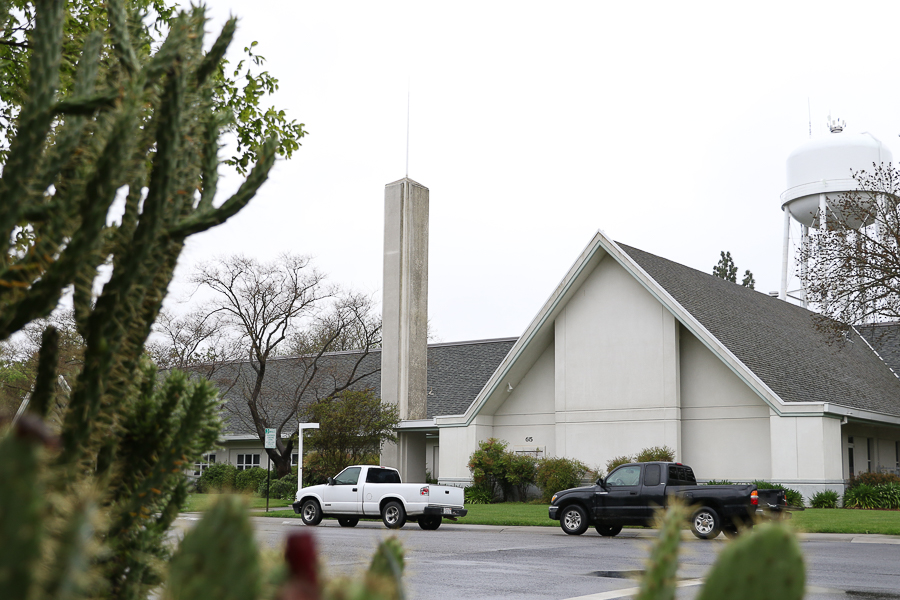
Division and cognitive dissonance often stem from religious institutions
Religion can be a saving grace for some — a gleam of hope, a source of comfort, enlightenment and guidance. But it can also be the source of guilt, division and cognitive dissonance — which is derived from the organization of religion.
Ironically, for a system of belief trying to explain a confusing universe, religion often asks followers to turn off their brain or ignore science, logic and even compassion and humanity.
Religion has a hierarchical structure of every individual’s role. In religious communities, the clergy, such as priests, imams and rabbis, are at the higher end of the spectrum, with followers at the very bottom. Rather than the religion or clergy conceding that they are just humans who are not ordained with some secret knowledge — that they have ideas and thoughts and theories, but in the end they are as lost as the rest of us — they talk with authority and certainty, and tell followers what is and what is not permissible. Empowering clergy to this extent often requires that followers ignore basic science and logical evidence in support of evolution and embrace ideas for which there is no evidence, save scripture or personal ideologies.
As a progressive society, we’ve embraced the fact that men and women are, and should be treated, equally — and yet religion has failed to progress alongside us. The organized religions that we adhere to can very much shape the way we interact in the world beyond our religious communities. In mosques, men and women are separated, with women sitting in the back, covered. This shapes the way Muslim men and women view gender roles, creating a culture in which women are always secondary, rather than equal.
As a member of the Muslim community, I’ve witnessed firsthand the manipulation that can take place among preachers and religious followers. While living in Qatar, my father and brother would visit the mosque (a Sunni mosque) from time to time. On one particular occasion, the preacher argued that it was necessary to rid the world of the Shia sect — and no one protested.
The issue with organized religion is that a man like that particular preacher can say something so heinous to a room full of people and face zero backlash. This is because we, as religious followers, actively give these people legitimacy by subscribing to the way in which they systematize religion. Rather than reading the scripture or determining answers through our own morals and compassion, too many people readily accept extremist notions due to the dogmatic mentality that many organized religions have established. If an individual whom you hold in high regard is telling you something — and you already believe everything he says to be true — then you’re going to have a difficult time disregarding what they’ve advocated for, even if it’s something you may not have accepted coming from someone else. Most people take things with a grain of salt, but when they’re spoken in a religious setting, it’s as if God himself was relaying a message directly to his followers.
This creates a culture of incurious people who comply with teachings, laws and rules without question. Countries like Saudi Arabia and Qatar suffer from extreme inequality between men and women, and a reversal of such gender norms will likely not be found within the mosque or from preachers in that region.
The same logic can be applied to those who attend the Westboro Baptist Church; I too would find it hard to believe that frequenters of that church are unaffected by the hate speech espoused within that building.
Religion was intended to be a personal matter, yet we’ve allowed ourselves to become sheep to religious organizations that should’ve been serving us, encouraging us to seek answers and guidance. Priests and preachers of all religions have the power to shape the way total strangers view the world and what kind of values and morals they hold. People should form a more intimate relationship with religion, rather than rely on a third party to tell them what is right and wrong or depend on rituals to guide the way they view life.
Written by: Hanadi Jordan — hajordan@ucdavis.edu
Disclaimer: The views and opinions expressed by individual columnists belong to the columnists alone and do not necessarily indicate the views and opinions held by The California Aggie.



